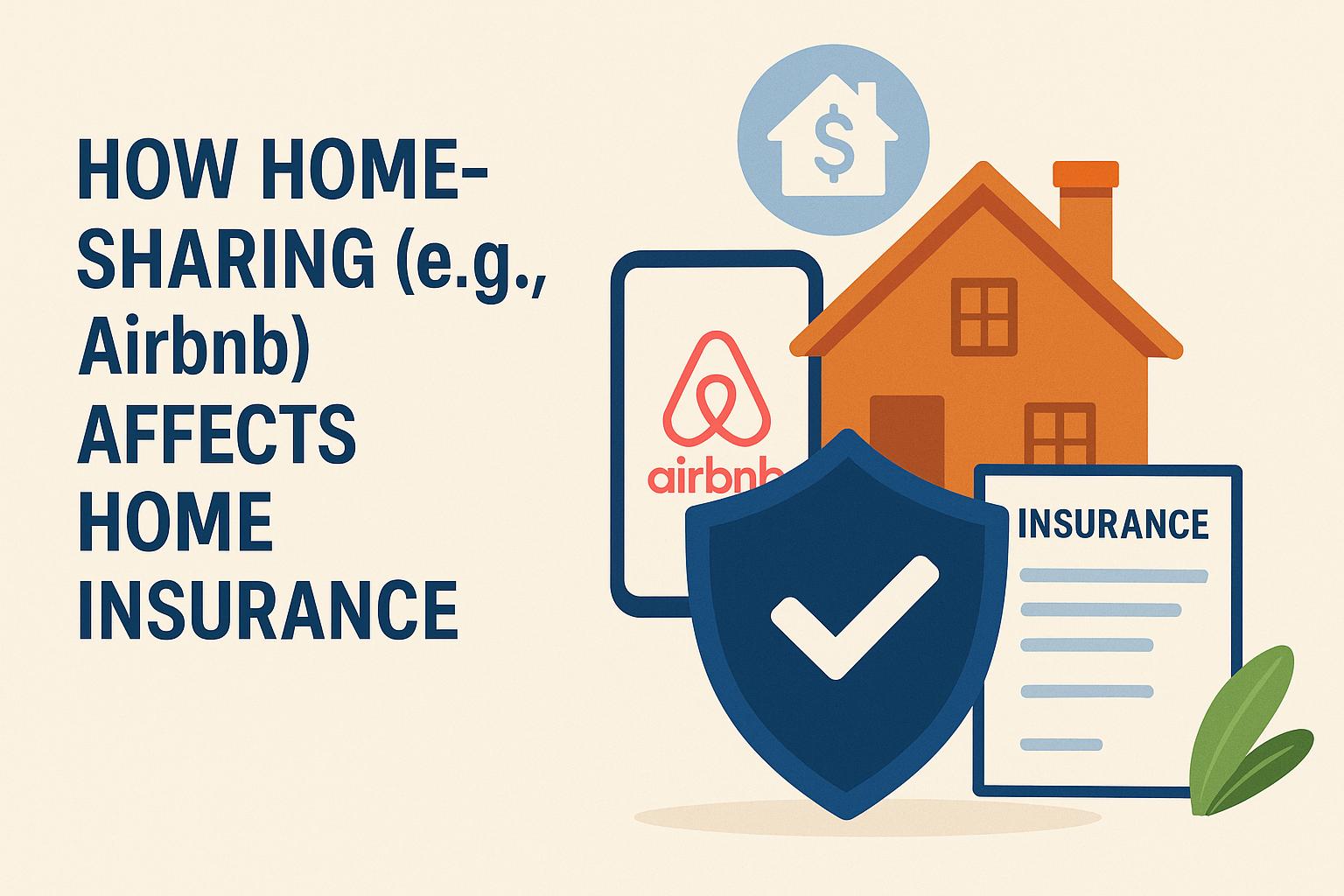Understanding Home-Sharing and Home Insurance
Home-sharing has emerged as a popular avenue for property owners, thanks largely to global platforms like Airbnb. This practice allows them to earn additional income by renting out their homes or individual rooms to guests. While financially rewarding, home-sharing introduces a series of complexities, particularly concerning home insurance. Property owners must comprehend how this trend affects their insurance policies and the steps they should potentially undertake to maintain adequate protection.
Standard Home Insurance Policies
Standard home insurance policies are primarily designed to safeguard against risks typically associated with private residences. They offer protection against common perils like fire, theft, and a variety of natural disasters. However, it is crucial to recognize that these policies generally do not account for the risks introduced when a property is used for commercial endeavors, notably short-term rentals. This creates a significant gap in coverage for individuals engaging in home-sharing, which homeowners should address.
The Impact of Home-Sharing
When a property owner utilizes platforms such as Airbnb to host guests, the nature of the property temporarily shifts from a private residence to a commercial entity. This transformation carries implications for standard home insurance policies, which may become void under such conditions. An insurance company might categorize this as commercial activity, potentially resulting in denied claims for damages or liabilities incurred during a guest’s stay. It is essential for homeowners to recognize this shift and explore appropriate measures to secure their interests.
Potential Risks
The decision to engage in home-sharing exposes homeowners to unique risks. For instance, there is an increased liability concerning guest injuries occurring on the property and potential property damage caused by guests. Moreover, the presence of unfamiliar individuals heightens the risk of theft or vandalism. Given that standard home insurance policies typically do not cover such scenarios, homeowners participating in home-sharing might face out-of-pocket expenses to address losses that could arise.
Options for Homeowners
To adequately protect their investments, homeowners should consider exploring tailored insurance solutions specifically designed for home-sharing scenarios. Some insurance providers offer specialized endorsements or add-ons to existing policies, ensuring coverage extends to short-term rental activities. Another viable option is for hosts to invest in dedicated landlord or commercial property insurance policies, which inherently offer broader coverage designed for rental undertakings.
Additionally, some companies, including Airbnb, present host protection insurance. While this provides a level of coverage, it is imperative for hosts to conduct a thorough review of the terms and limits associated with such offerings. This allows them to gain a clear understanding of the protections afforded to them and any potential shortcomings in the coverage.
Communicating with Insurers
Maintaining open communication with insurance providers is crucial for property owners involved in home-sharing. Discussing hosting activities and clarifying how they may affect existing policies can foster a mutual understanding and clear any potential confusion over claims. By being transparent with their insurers, property owners can identify the appropriate coverage solutions that align with their specific circumstances.
Conclusion
Venturing into home-sharing goes beyond the simple act of listing a property online. It requires property owners to delve into how these activities impact their existing insurance policies and to take proactive steps to ensure they have sufficient protection in place. Through the utilization of specialized insurance products and maintaining open communication with insurance providers, property owners can effectively mitigate the risks associated with home-sharing. Such a strategic approach allows them to capitalize on the financial benefits while safeguarding their investments and minimizing potential liabilities.
